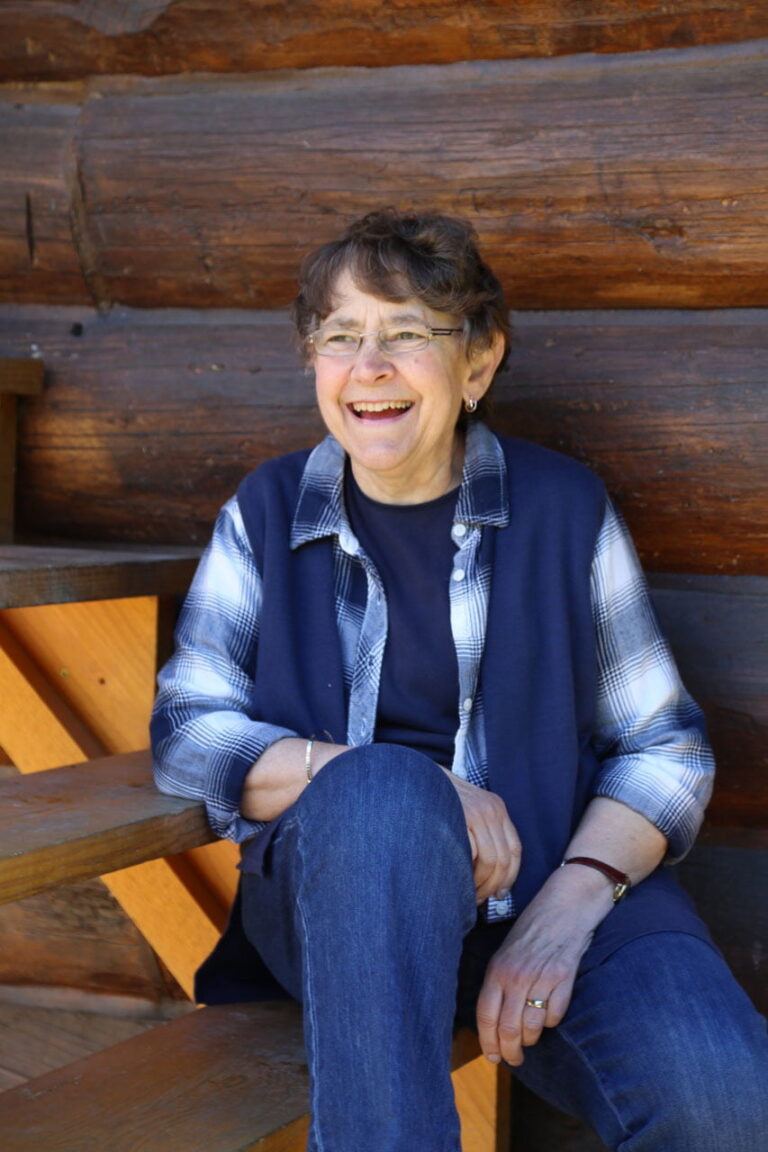WHAT IS TRUTH?
by Herold Weiss
 More than any other biblical book According to John is concerned with the necessity to distinguish what is true from what is false, what is genuine from what is spurious. Throughout the gospel one finds declarations concerning “the true light,” “the true bread,” “the true food,” “the true Israelite,” “the true shepherd,” “the true disciple,” “the true worshipper.” It would appear, then, that there are false manifestations of all these things. These statements, even while cast metaphorically, are discrete claims to be taken seriously. Moreover, the gospel establishes that “God is true,” and that the Son brought “grace and truth” to women and men. Jesus among human beings is identified as “the way, and the truth, and the life.”
More than any other biblical book According to John is concerned with the necessity to distinguish what is true from what is false, what is genuine from what is spurious. Throughout the gospel one finds declarations concerning “the true light,” “the true bread,” “the true food,” “the true Israelite,” “the true shepherd,” “the true disciple,” “the true worshipper.” It would appear, then, that there are false manifestations of all these things. These statements, even while cast metaphorically, are discrete claims to be taken seriously. Moreover, the gospel establishes that “God is true,” and that the Son brought “grace and truth” to women and men. Jesus among human beings is identified as “the way, and the truth, and the life.”
The gospel makes clear, however, that the truth it is concerned with is not that which stands because it passes the test of non-contradiction. Neither is it an abstract universal that exists apart, of at least distinct, from all its instances. Today the search for truth is concerned to establish the facts in any given case. We are the inheritors of the Western tradition that is interested in dissecting nature and in establishing what happened in the past. These efforts are constrained by restrictions as to what counts as evidence on which conclusions may be drawn. There is a prevailing skepticism about any claim to absolute truth because there is no evidence that can support such a claim. Of course, the basic characteristic of both scientific and historical truths is that they are to be discarded as soon as new evidence establishes that something else is to be taken as true. This new truth, of course, is also liable to becoming obsolete. Our modern search for the determination of what is going on in nature and in history assumes that truth has to do with knowledge, that is, with true information. Thus our search for the truth is bound to what is bound by space and time.
In According to John, on the other hand, Jesus promises his disciples that the truth they will encounter will make them free. Freedom, however, is not something to be known. It is something to be had. Like the truth that Jesus promised his disciples, freedom is something to be experienced, something to be lived. The establishing of this basic distinction between what is in the realm of knowledge and what is in the realm of being is one of the great treasures to be found in this wonderful gospel. In fact, it would seem that it was written to answer Pilate’s question at Jesus’ trial, “What is truth?” Pilate’s question assumes that truth is to be known. Jesus assumes that truth is in the realm of being. What he promises his disciples is life, not more information.







